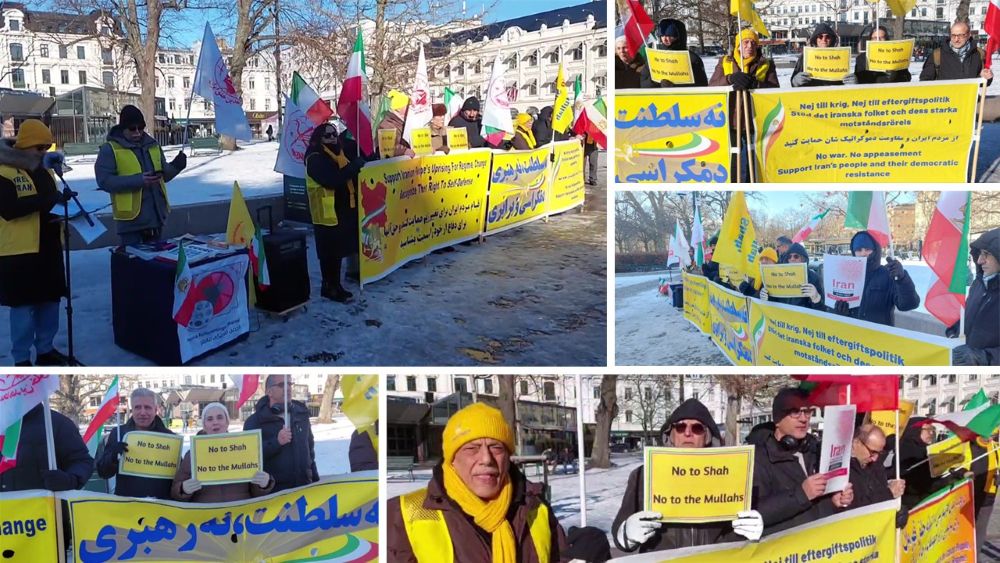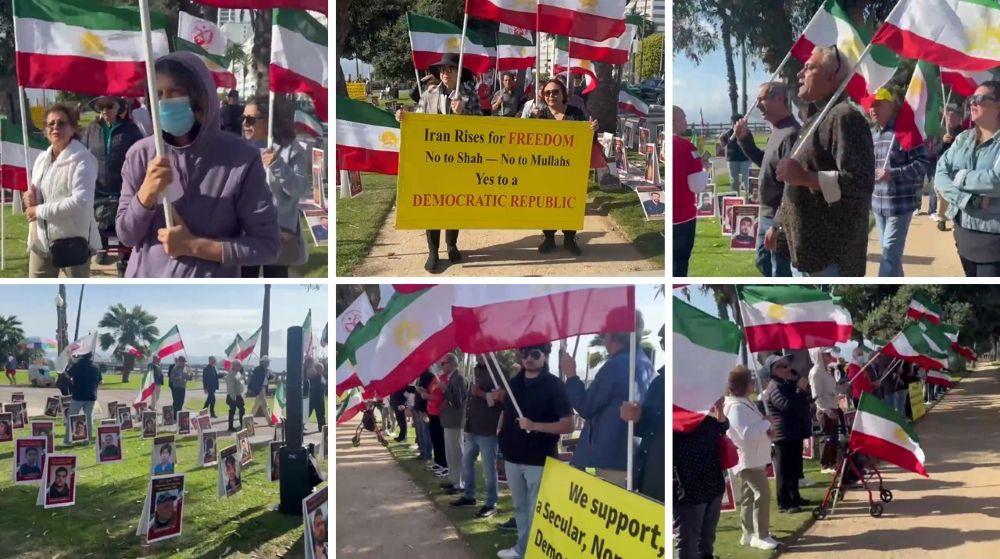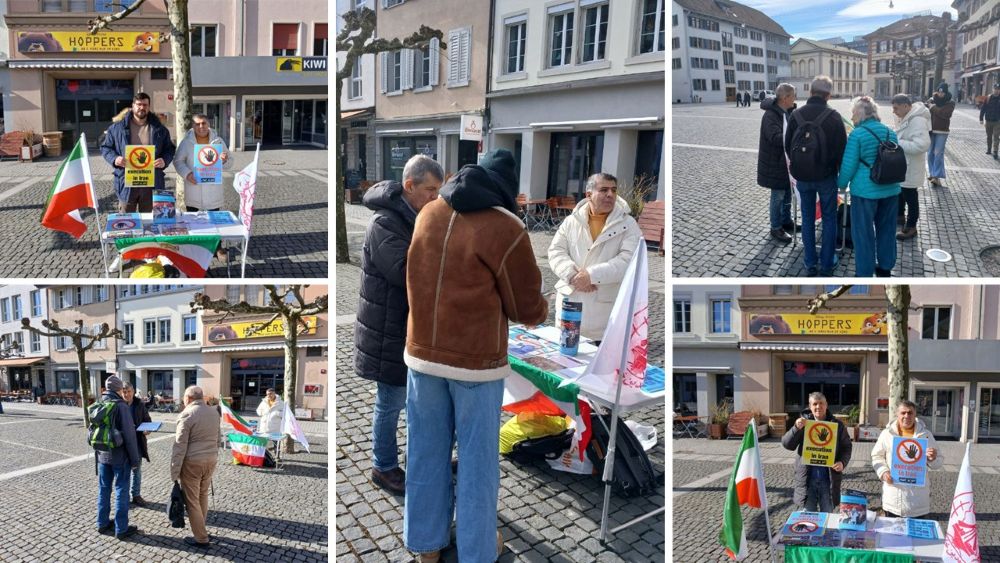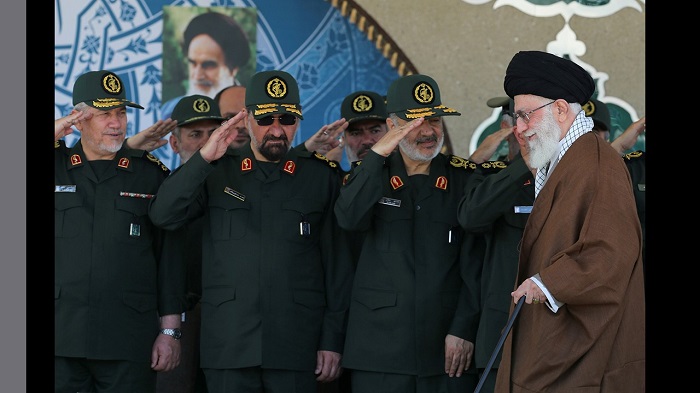
From recent events in the Middle East, Central Asia, and Europe, it is evident that the main threat to global security is the acts of terrorism upheld by Islamic fundamentalism. Previous attempts to fight terrorism with military approaches have shown that this method is not enough to quell the reign of terror.
Not even nationalism and other contemporary movements can compete against the Islamic fundamentalism ingrained into the Iranian regime, and other dictatorships like them.
Dr. Saeid Sajadi wrote in his article on the website of the National Council of Resistance of Iran(NCRI), “A force capable of withstanding that phenomenon should be rooted in the region’s culture; it should be capable of disarming Islamic fundamentalism from its main weapon- i.e., the claim of representing Islam. Further, it should nurture a selfless generation ready to confront the forces of terrorism and Islamic fundamentalism at all fronts.”
Prior to the modern Europe, the path from secular sovereign states through to the democratic countries we recognise today was not easy. Through cultural renaissance and economic development, Europe “had to be set free from the traditional religious chains through Luther’s reformation movement.”
Thought to be the most prominent social theorist of the last century, Max Weber linked Europe’s rise of capitalism to Martin Luther’s reformation, and the sense of individualism that followed.
While Luther’s movement was purely a reformation of religion at the time, for a movement to be able to defeat the Islamic fundamentalism of today once and for all, it needs to do much more than just reform the ideologies of Islam. The Iranian Resistance movement, led by the President-elect of the NCRI, Maryam Rajavi, can be viewed as such a movement that is capable of such a task.
The cultural and ideological perspectives of this movement alone have managed to overrule Iran’s theocracy, albeit at the cost of the lives of tens of thousands of supporters of the People’s Mojahedin Organization of Iran (PMOI/MEK), who made themselves martyrs in the fight against the mullahs’ regime.
As a result of the Iranian Resistance’s ongoing fight against the regime, nearly 95% of Iran’s population stand behind them and echo the calls for regime change and the separation of religion and the state.
Dr. Saeid said, “The ruling regime in Iran manages to survive day-to-day only through extensive repression and execution. But this strategy is approaching a dead-end. The uprising of November 2019 is reflective of this fact.”
Earlier this year, the regime’s Supreme Leader Ali Khamenei selected Ebrahim Raisi to take over the presidential role. Raisi’s history of crimes against humanity, notably his major role in the execution of 30,000 political prisoners in the 1988 massacre, highlighted the regime’s attempts to consolidate power due to their dwindling grip on controlling the Iranian people.
It is apparent that the regime’s method of repression is no longer working as a deterrent as many Iranians are willing to pay the price, often with their lives, in order to reach a better tomorrow. With Maryam Rajavi and the MEK at the helm of the movement towards overthrowing the regime, that better tomorrow may be soon realized.
The Resistance movement has presented a complete world view of Islam in directed opposition to the mullahs’ ideologies on the topics of freedom, human rights, women’s rights, tolerance, and peace. The future free Iran, with these welcoming views on Islam, could finally usher in a new era and hopefully bring peaceful coexistence to the Middle East.
Dr. Sajadi said, “A final victory for the movement of Maryam Rajavi in Iran is a win for the people of the region and is in the interest of global peace and security. An all-encompassing renaissance in the Middle East awaits a free Iran.”
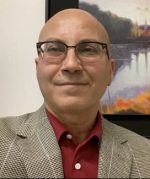
Dr. Saeid Sajadi has actively supported the movement for freedom and democracy in Iran for many years. He did all his undergraduate and graduate studies as well as professional training in the U.S. Dr. Sajadi is a practicing physician in the U.S., and he currently studies in the field of International Relations at Harvard University.

